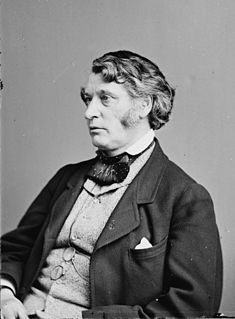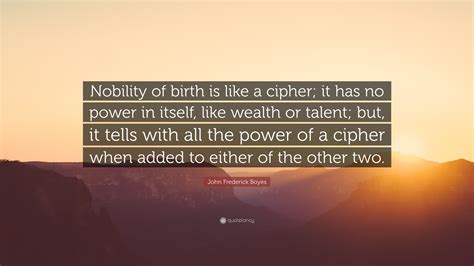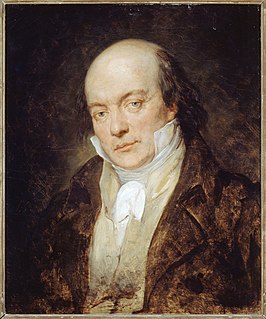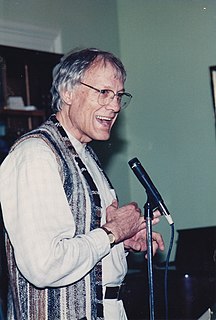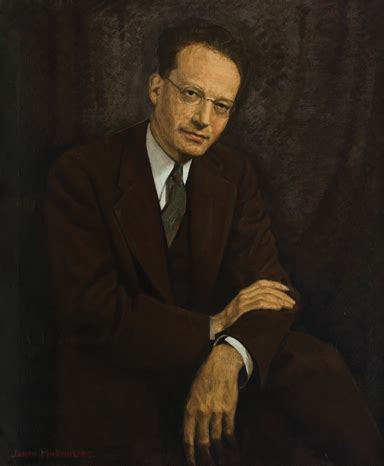A Quote by Charles Sumner
There are two sorts of pity: one is a balm and the other a poison; the first is realized by our friends, the last by our enemies.
Related Quotes
The gift our enemy may be able to bring us: to see aspects of ourselves that we cannot discover any other way than through our enemies. Our friends seldom tell us these things; they are our friends precisely because they are able to overlook or ignore this part of us. The enemy is thus not merely a hurdle to be leaped on the way to God. The enemy can be the way to God. We cannot come to terms with our shadow except through our enemies.
It is a pity that so many Americans today think of the Indian as a romantic or comic figure in American history without contemporary significance. In fact, the Indian plays much the same role in our society that the Jews played in Germany. Like the miner’s canary, the Indian marks the shift from fresh air to poison gas in our political atmosphere; and our treatment of Indians, even more than our treatment of other minorities, reflects the rise and fall in our democratic faith.
To accept Christ is to know the meaning of the words 'as he is, so are we in this world.' We accept his friends as our friends, his enemies as our enemies, his ways as our ways, his rejection as our rejection, his cross as our cross, his life as our life and his future as our future. If this is what we mean when we advise the seeker to accept Christ, we had better explain it to him. He may get into deep spiritual trouble unless we do.
